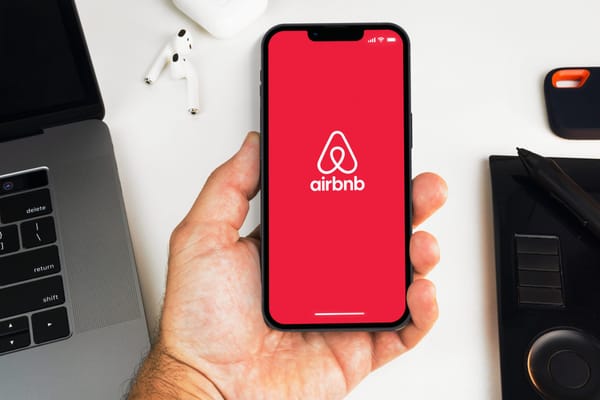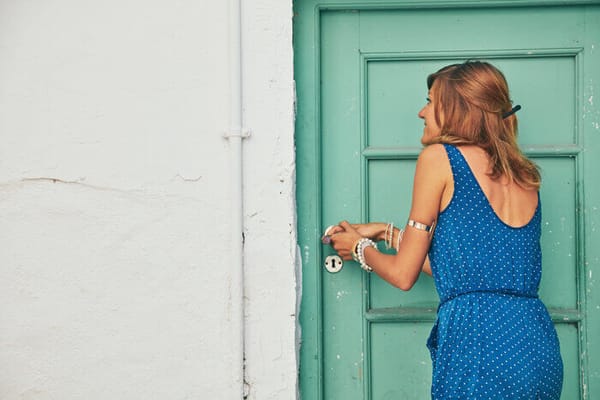Safeguarding Your Rental: 7 Crucial Steps to Preventing Airbnb Property Damage
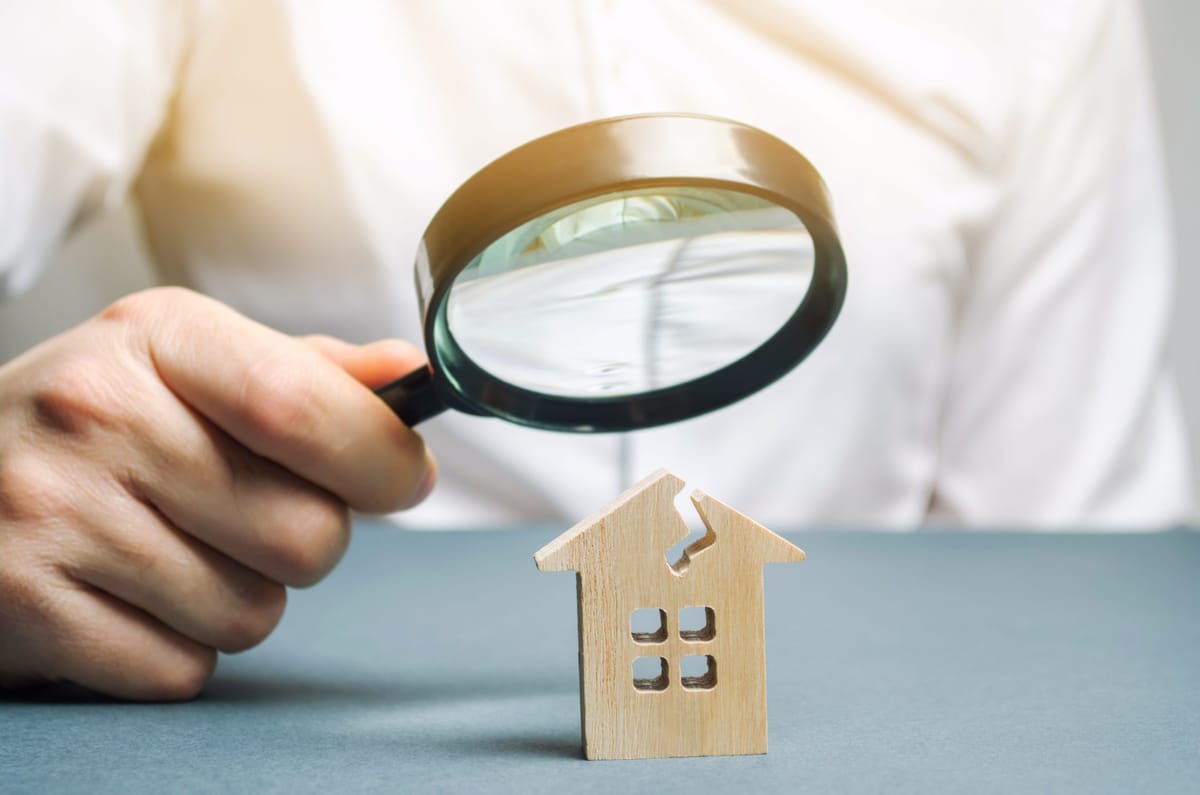
The Airbnb platform has become a popular way for property owners to make some extra money on the side. While it’s convenient and easy to use, there are risks involved, though, and property damage is one of the main concerns.
Property damage can be costly and time-consuming to repair. So, it’s important as an Airbnb host to take the necessary steps to safeguard your Airbnb rentals.
Whether you’re a new or experienced Airbnb host, it’s key that you understand the host damage protection policies in place and which extra measures you’ll need to take from your side. From setting clear rules and expectations to investing in the right insurance, here are seven preventative measures that can ensure that your property is safe and secure. Not only can these steps save you from serious damage, costly repairs and legal issues, but it will also give you more peace of mind when hosting your next guest.
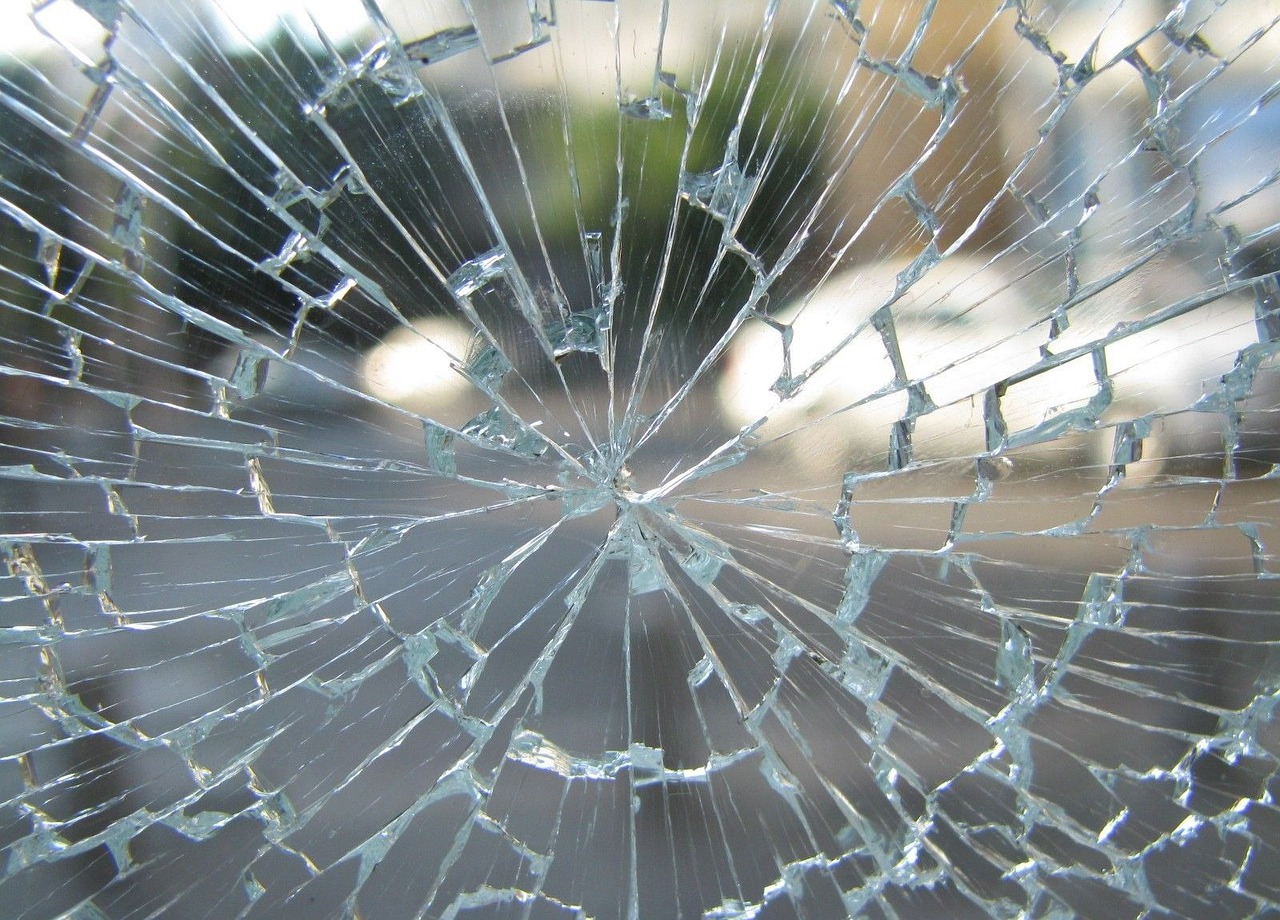
How Does Airbnb’s Damage Protection Work?
Airbnb has recently made huge changes to its damage protection (previously called the Airbnb Host Guarantee). In the past, hosts enjoyed protection for up to $1 million. Now, as part of AirCover for Hosts, hosts can look forward to triple that amount in coverage.
Included in the $3 million coverage are:
- Damage to furnishings, belongings, or your home as a result of the actions of a guest (or their invitees)
- Damage to parked vehicles (including boats) as a result of the actions of a guest (or their invitees)
- Extra or unexpected cleaning as a result of the behavior of a guest (or their invitees)
In addition to these expenses, hosts will also be able to claim for rental income that they might have lost in the rare event that they need to cancel their next confirmed booking.
While $3 million is very generous, there are a number of exclusions Airbnb hosts should keep in mind that could have a huge impact. For example, the damage protection offered by the platform excludes:
- Damage caused by normal wear and tear
- Property damage or loss caused of acts of nature, such as a hurricane or an earthquake
- Bodily injury or damage to the property of the guest (for this, hosts might be covered under the host liability insurance offering)
- Loss of currency
In case you would like to request compensation under this policy, here’s how the claim process works:
- Hosts need to gather evidence of the damage. This can include a video or photos as well as a quote for the additional or unexpected cleaning or repair.
- Using the Airbnb Resolution Center, hosts should submit their claim within 14 days after the guest responsible for the damage has checked out.
- The guest will then have an opportunity to pay for the damage. If 24 hours have lapsed and the Airbnb guest refuses to pay or fails to respond to the request, hosts can get Airbnb Support involved and submit proof of the damage and/or repairs that they’ve collected.
7 Steps to Limit the Impact of Property Damage
While it’s reassuring to know that Airbnb does offer some degree of protection, hosts also have a role that they can play. After all, being proactive is the best approach. Also, if you were to explore the idea of direct bookings, you won’t be able to fall back on host protection insurance offered by Airbnb.
Here are seven, easy-to-implement strategies that hosts can start with immediately:
-
Screen guests beforehand
There’s a difference between screening your guests and discriminating against guests based on certain characteristics such as race, age, gender, etc. The latter is strongly condemned. In fact, if you make yourself guilty of profiling guests based on these types of criteria, you’ll be the one who’s causing the damage and you could end up losing your vacation rental business.
What you can do is turn to reviews. It’s an acceptable practice for a host or property manager to vet potential guests before accepting a booking request. To do this, they mostly read reviews left by other hosts about the guest’s previous stays, but a quick online search will also be able to give more insight.
This extra safety measure won’t mean that you’ll always host five-star Airbnb guests. However, it will prevent many unpleasant hosting experiences.
It’s also common practice to ask potential guests about their reason for visiting. One-night bookings, especially if they fall over a weekend or on a public holiday, are usually a warning sign. If you receive this type of booking request, you can always ask your guest upfront if they plan on hosting an event or a party at your property.
-
Charge a security deposit
When going this route, guests will pay you a set amount in advance to be used in the event of property damage. If a property inspection after checkout reveals that the stay was incident-free, the entire amount paid and kept as an Airbnb security deposit will be returned to the guest.
Here’s an example of how it will work in practice:
The guest is charged a security deposit of $200. The guest breaks a glass vase set of $40. In this scenario, only $160 will be returned to the guest after checkout. The shortfall of $40 will be used to replace the damaged item.
As for the amount to charge, hosts usually charge a flat amount or a percentage of the specific booking. The trick, though, is to find that sweet spot.
While you’ll want to ensure that you’ll be covered, it shouldn’t be that exorbitant that you don’t get any bookings in the first place. The best advice is to let your property guide you. The more expensive your base price per night, the more you can afford to charge.
In addition to the rate, there are two other important considerations.
Firstly, if you’ll be using another platform in addition to Airbnb, the process will work slightly differently. As for direct bookings, you’ll probably find that you’ll need extra help. For example, a tool such as iGMS can easily handle the security deposit collection return for your direct bookings. All you’ll need is a connection with Stripe in your iGMS account.
What’s more, in addition to security damage deposit collection, iGMS will also be able to help you with many other daily tasks like:
- Calendar synchronization
- Automated templates and triggered messaging to improve guest communication
- Business performance tracking via an analytics dashboard
- Reviews automation
- Direct booking management
- Payment processing
- Auto-assigning of cleaning tasks.
Secondly, the local authority can also play a role. First check the local rules about charging security deposits, especially with regards to how it’s returned, to make sure that everything is done by the book. While some jurisdictions give short-term rental owners up to 14 days to return the amount charged, it’s best to return it to the guest as soon as possible. Also, depending on where the rental property is located, the amount that you may charge might also be governed by local legislation.
-
Use a damage waiver fee
An alternative to charging a guest’s credit card with a security deposit is to opt for a damage waiver fee instead. It’s standard practice in the vacation rental industry and refers to a prepaid, non-refundable fee that can be added to the total price.
This fee will then be used to pay for when a guest damages an item accidentally. As the fee is smaller than a security deposit, you’ll find that this helps to cover minor damage, like broken glassware, or unexpected dry cleaning for a spill on a carpet. Unlike a security deposit, though, it won’t be returned to guests even in the event of no damage.
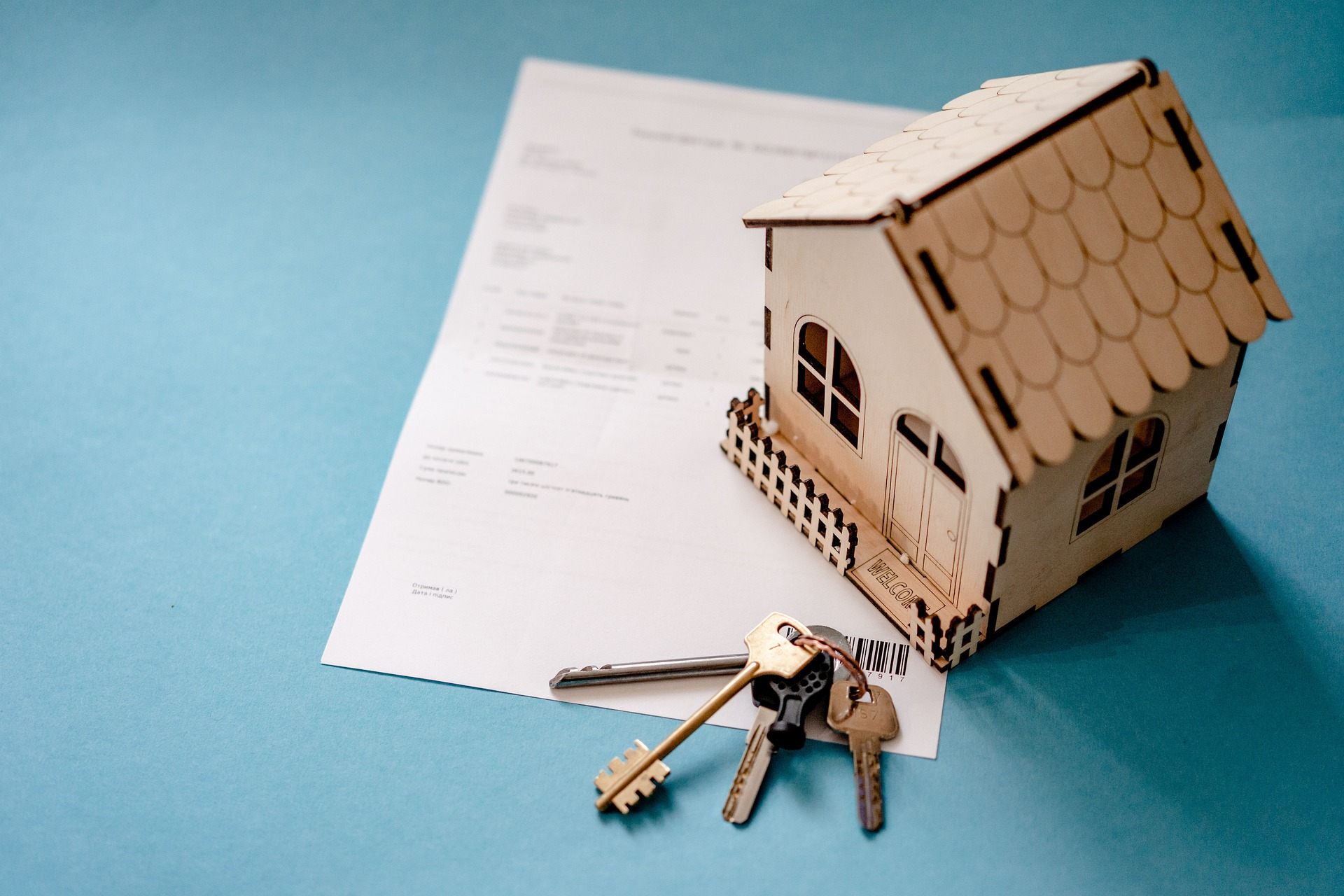
-
Get third-party vacation rental insurance
Investing in third-party vacation rental insurance is a must. Sure, safety precautions like guest checks and charging a security deposit help, but it can only do so much. Also, relying solely on products like the AirCover is unadvisable.
If you’re thinking that you can simply use your existing home insurance policy to request reimbursement in case of guest damage, think again. Once your property is used for business purposes, as is the case when you’re hosting guests in exchange for money, any damage caused will be excluded.
There are insurance providers that specialize in this niche and will be able to offer a vacation rental insurance package to ensure adequate protection. You can, for example, check out Proper Insurance, Vrbo’s preferred comprehensive home insurance provider in the United States. That said, there are several other vacation rental insurance providers that can help cover those unexpected costs.
-
Write clear house rules
While house rules sound negative, when it’s written and shared with the right tact it can actually help to ensure a positive experience for both guests and host. After all, in addition to serving as a way to protect your property from damage, house rules are also created to ensure the safety of your guests and their personal belongings.
Before you dive head first into the do’s and don’ts, start with a short welcome note first. This will create the right tone, helping to get your guests on board with the house rules. In addition to general house rules, the following are more specific rules that you can include to help reduce the chances of property damage. It’s recommended that you include rules about:
- Areas that are out of bounds
- Acceptable noise levels and times during which they should minimize noise
- Day visitors and extra overnight guests
- Small gatherings, events, and parties
- Parking
- The use of outdoor areas like a balcony, deck, swimming pool, or hot tub
- The use of appliances
If you plan on hosting families with young children or want to turn your short-term rental into a pet-friendly listing, it can also be a good idea to write specific guidelines for these specific types of travelers. For example, it’s generally recommended that pets shouldn’t be allowed onto furniture and kept inside during nighttime to help reduce the risk of property damage.
As mentioned, the key to writing house rules is to keep it tactful. While you don’t want to come across as too authoritarian, it’s important that guests understand the potential repercussions of failing to follow these rules. A short sentence reminding them about failure to adhere to these house rules will be seen as a breach in their rental agreement is pretty standard. Then, in addition to mentioning the consequences, also ensure that you include a section about what they should do in the unfortunate event of accidental damage. This is in particular important if guests opted to pay a damage waiver fee.
-
Remove valuable items
Missing items is another form of property damage that a short-term rental business can suffer. To help limit temptation and reduce the chances of that happening, it’s advisable that you remove valuable items like rare paintings and antiques.
It’s also recommended that you remove personal items when furnishing your vacation rental. If it’s your primary residence that you’ll be renting out occasionally, this can be more difficult. In this case, you can keep these types of items in a locked cupboard.
Items like a handmade ceramic fruit bowl might not be valuable. Though, if a sentimental, personal piece like that should get damaged, your guests will feel just as bad knowing that it’s irreplaceable. Even if you’re not one that cares much about sentiment, too many personal items can let your guests feel as if they’re invading your personal space, making them feel unwelcome. Another reason why it’s best to keep these out of sight.
-
Equip your rental with security systems
Even if you specifically prohibit parties in your rules, guests can try to sneak one past you. While you don’t want to be the party spoiler, the reality is that parties often lead to a damage claim. As such, you’ll want to do everything in power to prevent parties from taking place in the first place.
To help you with this, you can, for example, invest in a noise-monitor system, like Minut. In short, it tracks the noise levels and informs you when the noise limit has been reached. Just like with many of the other practical safety measures, adding this type of device to your Airbnb listing is quite standard practice.
Then, in addition to more sophisticated security systems like a noise monitoring solution, hosts should also ensure that their basic security is on par. This means investing in an alarm and other sensors like a smoke detector. Upgrading to a keyless entry system can also help to boost overall safety.
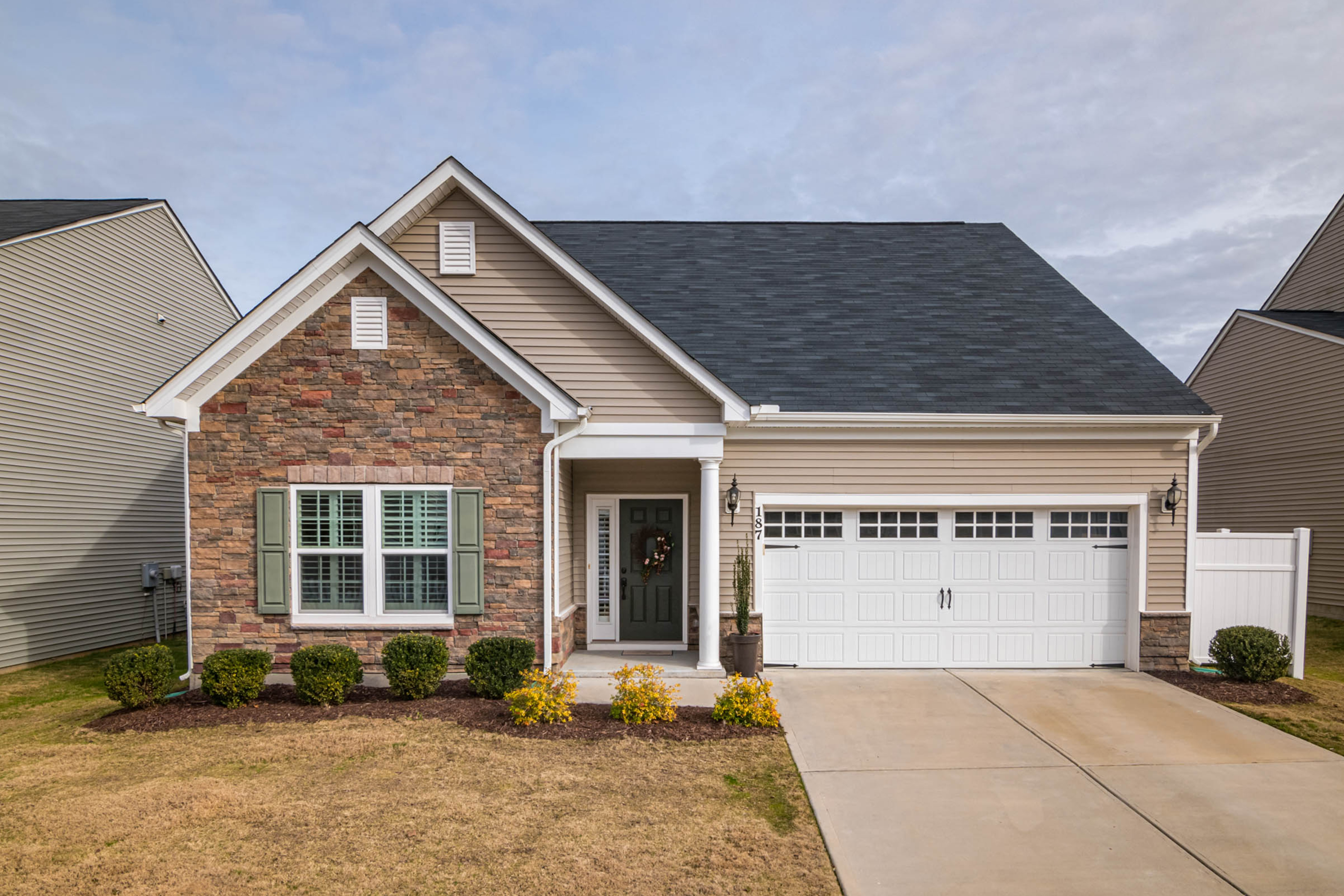
Wrapping Things Up
Accidents happen. That’s a fact of life. While it’s not unique to vacation rentals, the associated costs of accidents can have a bigger impact on the profitability of a vacation rental business.
As such, many hosts request a security deposit or damage waiver fee. However, there are a number of other practical steps that you can also take before the guest arrives such as reading their previous reviews and making your property more guest-friendly.
Irrespective of which booking channels you decide to use, it’s imperative that you invest in third-party vacation rental insurance. The last thing you want is to contact Airbnb only to discover that the damage is excluded and you’re left having to fend for yourself.





